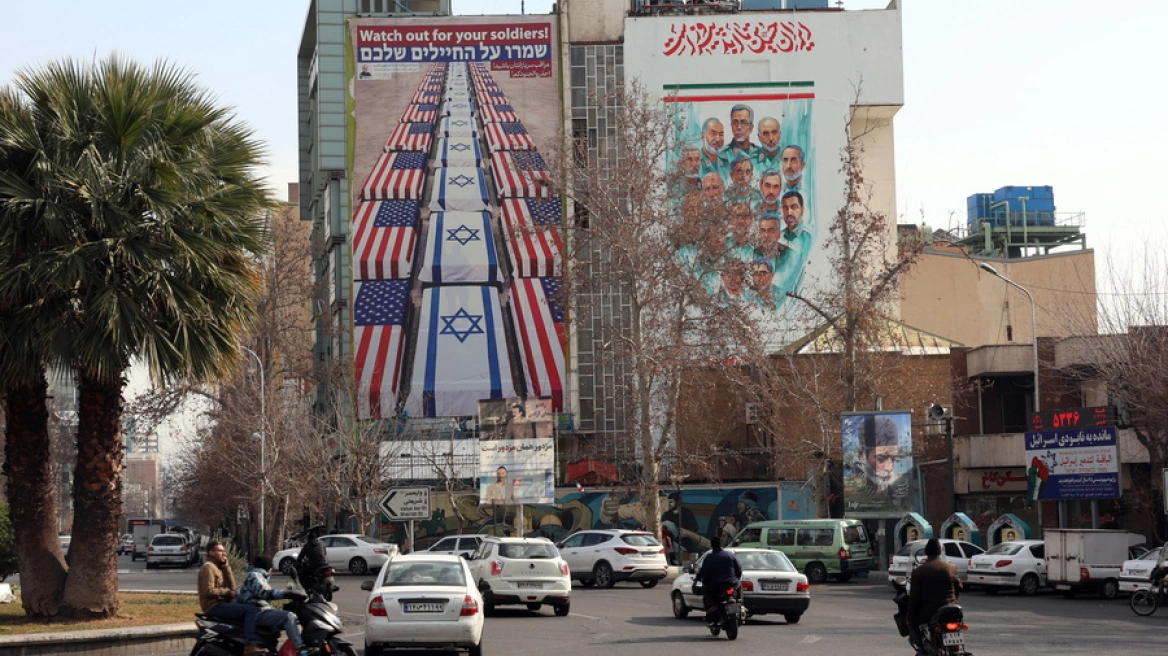Uber faces the biggest challenge yet to its European roll-out after the region’s top court was advised to rule that the U.S. ride-hailing firm is actually a transport service not an app.
Although the opinion of the Court of Justice of the European Union’s (ECJ) Advocate General Maciej Szpunar is non-binding, its judges usually follow such advice and are likely to reach a final ruling in the landmark case in the coming months.
If the ECJ does rule that Uber is a transport service, this is likely to have an impact on the Silicon Valley firm’s operations in Estonia, Poland, Czech Republic, and Finland where it still runs UberPOP, using amateur drivers to pick up riders.
The ECJ’s final ruling cannot be appealed by Uber, the world’s most valuable venture-backed company, which is also struggling with a wave of executive departures and criticism of its work culture.
The case was brought by Barcelona taxi drivers who argued that UberPOP engaged in unfair competition by using unlicensed drivers and the ECJ’s ruling will bind the referring court in Barcelona, which will then hand down the decision.
A spokeswoman for Uber said it would await the ECJ’s final ruling, but added it “would not change the way we are regulated in most EU countries as that is already the situation today”.
And a ruling against it would “undermine the much needed reform of outdated laws which prevent millions of Europeans from accessing a reliable ride at the tap of a button,” she added.
No relief in sight
Europe has proved to be one of Uber’s toughest markets, where it already faces restrictions in several large countries and major cities, forcing it to withdraw or curtail services that depend on non-licensed taxi drivers.
As a result, it is unlikely to be required to scale back its services by any ruling, although the opinion appears to block one of the company’s best hopes for EU-wide regulatory relief.
Uber, which allows passengers to summon a ride through an app on their smartphones, expanded into Europe five years ago but has been challenged in the courts because it is not bound by the same strict licensing and safety rules as some competitors.
Szpunar upheld the view that the same rules should be applied to Uber, saying that its drivers “do not pursue an autonomous activity that is independent of the platform. On the contrary, that activity exists solely because of the platform, without which it would have no sense.”
And Uber could not be seen as a mere intermediary between drivers and passengers because it controlled economically important aspects of the urban transport service, Szpunar said
Uber, which was last valued at $68 billion, no longer operates UberPOP in Spain and introduced a licensed version of its service in Madrid and Berlin last year.
First known as UberCab when it was founded in 2009, the firm faced bruising regulatory battles with local taxi firms and municipal authorities, starting with its headquarters city, San Francisco where it officially launched services in 2011.
Expanding rapidly across the United States and then internationally, it developed a reputation for launching first and dealing with regulators later. The rapid growth and take-no-prisoners approach quickly turned Uber’s name into a verb for disruptive start-up firms that cannibalize existing industries.
Uber now operates in just under 600 cities around the world, although it withdrew from China last year in the face of stiff local competition from Didi, which then acquired its assets.
Nearly half of the cities Uber operates in are in North America, while it is active in around 100 cities in three other major regions, Central and South America, Europe and Asia.
Landmark
The Luxembourg court case is seen as a landmark in the so-called sharing economy and could have knock-on effects on other start-ups such as home-sharing service Airbnb and food delivery companies inspired by Uber such as Deliveroo.
The European Commission has been broadly supportive of the sharing economy and said last year governments should only ban services like Uber and Airbnb as a last resort.
However, the ECJ’s Szpunar said that Uber’s argument that it merely matches supply and demand between drivers and passengers was a “simplistic view of its role.”
“In effect, Uber does much more than link supply and demand: it created this demand itself,” Szpunar wrote.
The service provided by Uber amounts to the “organization and management of a comprehensive system for on-demand urban transport,” the ECJ said.
Regulating the software company as a “new economy” information service meant treating Uber as if it was simply an air traffic controller or market maker connecting drivers to passengers.
Instead, by forcing Uber to comply with myriad local transportation regulations – some dating back as long as a century – it must take more responsibility for certifying, insuring and paying its drivers, as taxi firms now do.
Ask me anything
Explore related questions





